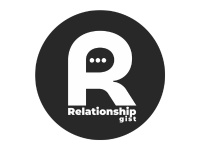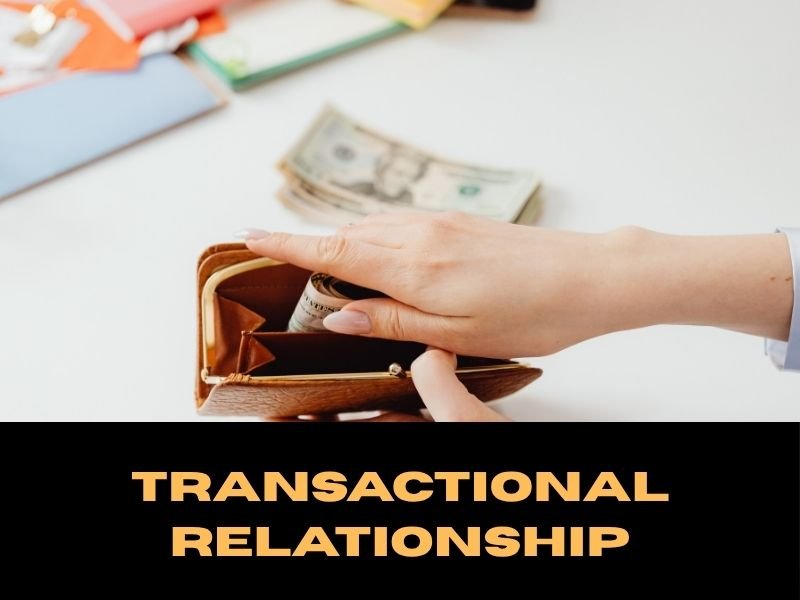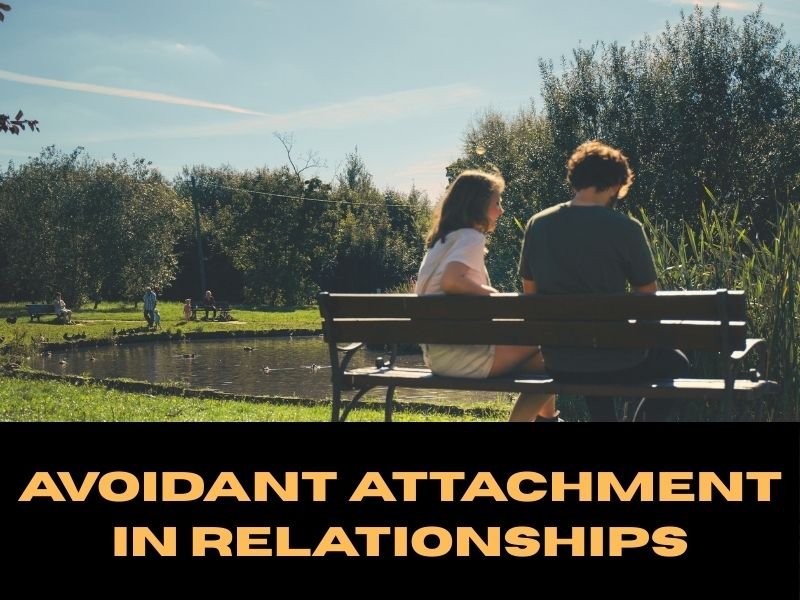These days, office romances are no longer rare, secretive affairs whispered about at the water cooler; they are becoming more common and more complex in today’s evolving work culture. When Emily joined a fast-growing marketing agency in New York, she didn’t expect her morning coffee runs and project brainstorms to lead to a deep connection with her team lead, Jordan. What began as subtle smiles across the table slowly evolved into weekend hangouts, secret glances during meetings, and, eventually, a relationship. But the excitement of romance soon collided with professional reality. Their team began to notice inconsistencies in decision-making, and rumors started swirling. What once felt thrilling started to feel risky, for both their careers.
Emily’s story is more common than you’d think. In today’s hyper-connected, high-collaboration work culture, emotional bonds often form where people spend most of their time, at work. Office romances are not inherently wrong or unusual, but they come with professional consequences if not handled wisely. The stakes are high: reputations, promotions, workplace harmony, and sometimes even jobs can hang in the balance. In this article, we’ll explore how to navigate love in the workplace without losing your footing on the career ladder.
Why Office Romances Are More Common Than Ever
In the post-pandemic world where remote work has blurred personal and professional boundaries, in-person office environments have become emotionally charged spaces. People work long hours, share goals, handle stress together, and naturally build emotional intimacy. This is why it is no surprise that many romantic relationships begin not on dating apps alone but during coffee breaks, strategy sessions, or late-night deadlines. For many professionals, the workplace is the most socially active part of their lives.
According to a 2024 Society for Human Resource Management (SHRM) study, nearly 35% of U.S. workers admitted to having been romantically involved with a colleague at some point. And it’s not just entry-level staff; executives and senior leaders aren’t left out either. The rise in hybrid schedules has even added a layer of intensity: fewer in-person days make interactions feel more intentional and emotionally charged. While these relationships can blossom into meaningful partnerships, they, however, demand a higher level of discretion, self-awareness, and planning to avoid career pitfalls.
The Hidden Risks Behind the Romance
When romance and work collide, the potential for professional fallout becomes very real. Take the story of Daniel, a senior product manager at a tech startup, who started dating a coworker on his team. While the relationship started strongly, tensions emerged after a disagreement spilled into a team meeting. Their colleagues began to walk on eggshells, unsure how to navigate the emotional dynamics. Eventually, both employees were reassigned, and Daniel even missed out on a promotion due to perceived bias.
This isn’t just about drama, it’s about risk to team morale, credibility, and leadership integrity. Romantic relationships at work can trigger concerns about favoritism, especially if one person has authority over the other. And if a breakup occurs, unresolved tension can affect productivity or even lead to claims of harassment. Legally, organizations can face serious consequences if they fail to act on complaints involving power imbalances or inappropriate conduct. The key risk here isn’t love; it’s lack of boundaries, maturity, transparency, and understanding.
Signs You Are Risking More Than Romance
Sometimes, the red flags aren’t obvious until it’s too late. Imelda, a junior analyst at a finance firm, started dating a colleague in her department. She thought everything was under control, but over time, she noticed subtle changes. Her work began to receive less objective feedback, her teammates grew distant, and her once-close female coworkers started excluding her from casual conversations. When HR eventually pulled her aside, she realized she had become the center of whispers she wasn’t even aware of.
This is common when boundaries between personal and professional lives blur. If you find yourself hiding the relationship, compromising on work quality, or being treated differently by peers, it might be a sign that the romance is impacting your career more than you think. Other signs include needing to defend each other in meetings, over-communicating to compensate for tension, or avoiding work events altogether. Awareness is your best protection. If your relationship begins to shift in how you are perceived professionally, it’s time to reassess.
Establishing Healthy Boundaries and Clear Agreements
To prevent romance from interfering with your career, the first rule is clarity of purpose. That’s what helped Noah and Talia, for example, two engineers at a software company, maintain both their relationship and reputation. They set rules from the beginning: no affectionate behavior at work, no personal conversations on company messaging platforms, and full disclosure to HR once things got serious. This intentional approach earned them the respect of their peers and kept workplace dynamics neutral and professional.
Clear boundaries protect both people and the workplace. Here are some healthy boundaries to establish:
-
Avoid public displays of affection during work hours or at professional events.
-
Keep work and romance separate—don’t let relationship conflicts bleed into meetings or email exchanges.
-
Disclose the relationship if required by company policy, especially if there’s a reporting structure involved.
-
Create contingency plans—what will happen if the relationship ends or changes?
Romance shouldn’t come at the cost of professionalism. When you plan for the future, even the messy parts, you show emotional intelligence and workplace maturity.
If You Are in a Power Position or the Boss
When you are in a position of authority, like a team lead, manager, or executive, office romance becomes a whole different game. Take Lauren, a marketing director who began dating a junior designer on her team. Even though the relationship was mutual and respectful, others felt uncomfortable. Promotions were second-guessed, and her leadership came under quiet scrutiny. Eventually, HR had to restructure the team to remove the reporting conflict. Lauren’s intentions were pure, but the consequences were real.
In leadership, perception matters as much as reality. Power dynamics make it hard to guarantee that a relationship is truly voluntary. That’s why most companies either prohibit or heavily discourage dating within reporting lines. If you are in this situation, transparency is critical. You must disclose the relationship immediately, request reassignment if necessary, and recuse yourself from decisions affecting your partner’s role. Failing to do so risks not only your career but also the trust of your entire team.
The Smart Way to End a Workplace Romance
Breakups are hard enough without the added pressure of seeing your ex every day at work. When Jordan and Lily, both sales reps at a logistics firm, ended their year-long relationship, things quickly spiraled. They didn’t plan how to communicate post-breakup, and personal tension bled into professional interactions. Sales calls were missed, clients noticed the awkwardness, and team performance dropped. Eventually, one had to request a transfer just to restore normalcy.
To avoid situations like this, ending a workplace romance requires emotional maturity and strategic thinking. Have a private, respectful conversation where you agree on how to interact at work moving forward. Keep discussions professional, avoid rehashing the past during work hours, and never drag teammates into your emotional fallout. If it becomes emotionally difficult to stay on the same team, consider requesting a lateral move or talking to HR about your options. It’s not about punishment, it’s about preserving your peace and your professionalism.
What to Do If You Are in HR or Leadership
If you are in human resources or senior management, your role isn’t just to enforce policy; it’s to create a workplace culture where respect and clarity guide behavior. Consider the case of Marcus, an HR manager at a healthcare startup. When he discovered two employees in a secret relationship, he didn’t jump to disciplinary action. Instead, he called them in, offered confidential support, explained the company’s guidelines, and helped them create a professional plan to avoid conflict. His approach prevented office gossip and protected both employees from potential fallout.
As an HR leader, your job is to balance empathy with structure. Encourage early disclosure of relationships, especially when power dynamics are involved. Make sure policies are communicated, not buried in an employee manual no one reads. Host workshops or Q&A sessions about professional boundaries and offer confidential consultations for staff who have concerns. Most importantly, lead with transparency and fairness, ensuring no one feels targeted or judged for having genuine human connections.
Should You Disclose or Keep It Secret?
When Maya and Eric began dating at their advertising agency, they chose to keep it under wraps. For months, they whispered during breaks, avoided arriving at work together, and deleted messages. But the secrecy began to wear on them. Maya constantly worried about being “found out,” and Eric’s coworkers started to suspect favoritism. When the relationship finally became public knowledge, it caused more tension than if they had been upfront from the beginning.
The truth is, secrecy rarely protects a relationship, it usually undermines it. Disclosing your relationship early, especially if company policy requires it, builds trust with your employer and helps prevent misunderstandings. If your company doesn’t have a clear policy, consider speaking privately with HR to document the relationship and get advice. Transparency shows maturity and respect for workplace boundaries. Remember: it’s better to own the narrative than to let office rumors write it for you.
How to Protect Your Career Long-Term
Imagine working your way up for years only to lose credibility because of one misstep in a relationship. That’s what nearly happened to Thomas, a finance executive who dated someone in a different department. While they kept things professional, when the relationship ended, his ex shared screenshots of messages that, out of context, seemed unprofessional. Though no policies were broken, the company viewed his actions as a liability—and he was quietly passed over for a major promotion.
Protecting your career in the long run means thinking several steps ahead. Document everything where necessary, avoid using company channels for private messages, and always behave as if someone could be watching, because in corporate life, perception is everything. If the relationship grows serious, consider how it might affect your role, mobility, and leadership credibility. Don’t wait for drama to set boundaries. The goal is to enjoy love without jeopardizing your future.
Conclusion
Office romance isn’t inherently wrong, it’s human. We spend a third of our lives at work, and meaningful relationships are bound to form. But without clear boundaries, smart strategies, and open communication, what begins as a spark can burn down years of professional credibility. Consider Jessica and Omar—colleagues who met during a late-night product launch. They took every step right: disclosed early, respected each other’s space, and even sought HR’s input. Today, they are married and still respected at their company.
The takeaway? It’s not about avoiding love, it’s about navigating it wisely. Your career doesn’t have to be the cost of a relationship, but it should never be the casualty of one either. Learn to recognize the risks, communicate with integrity, and plan for every stage, from start to (possible) end. In the end, maturity, discretion, and foresight will help you find not only success in love, but security in your professional life, too.







